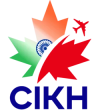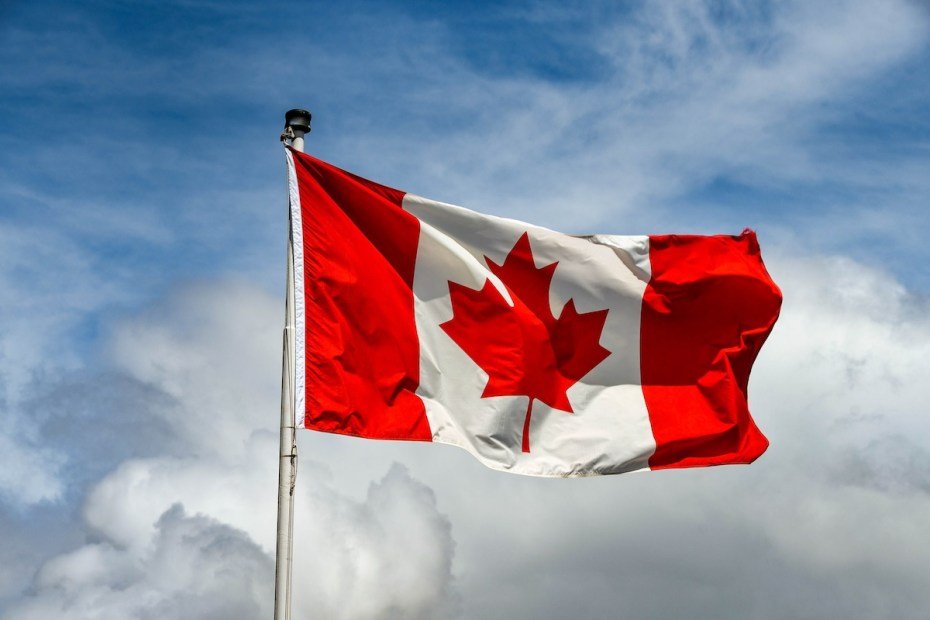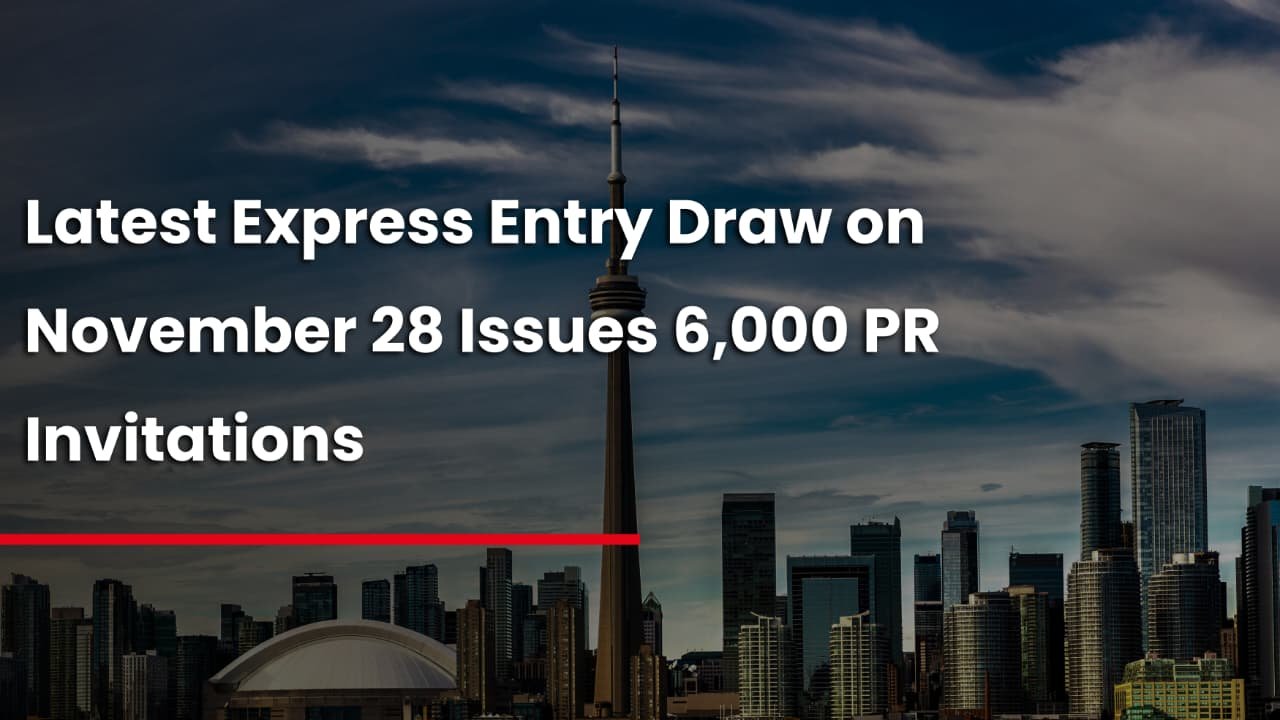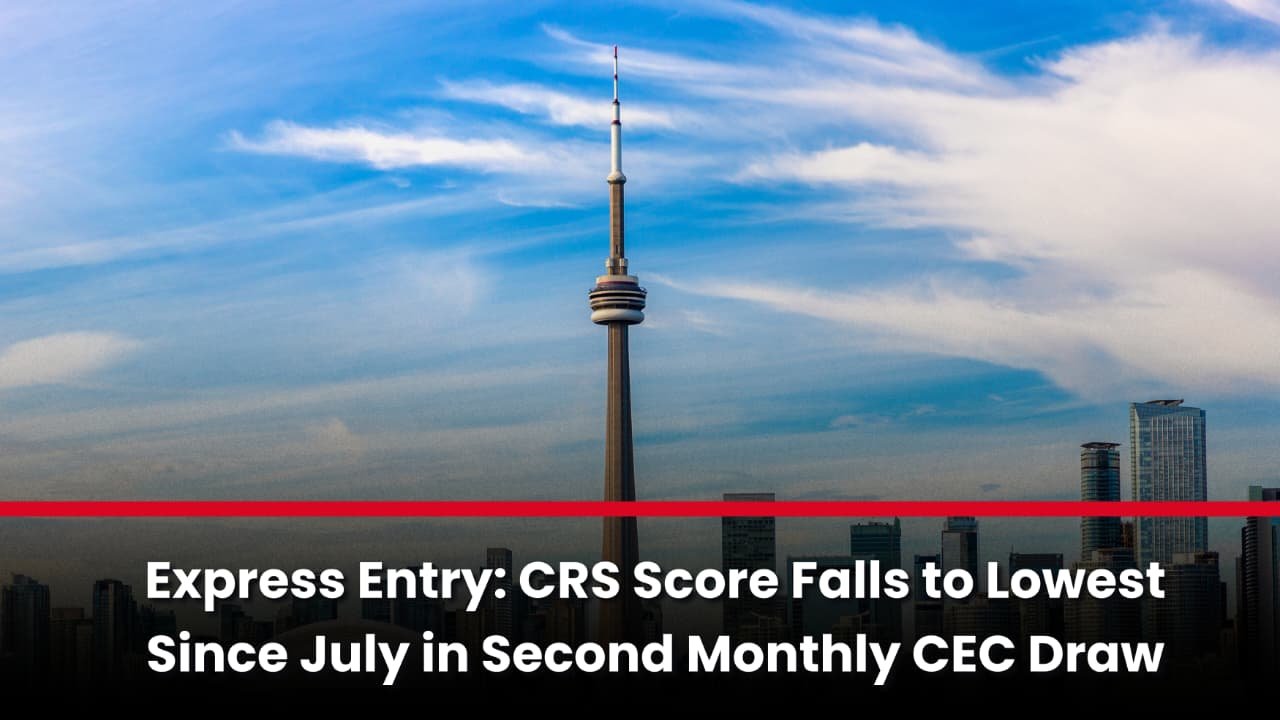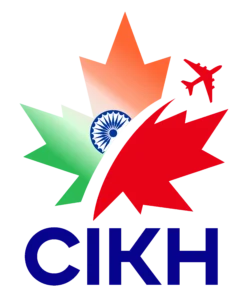Immigration, Refugees and Citizenship Canada (IRCC) selects Canadian sponsors for their older loved ones through the Parents and Grandparents Program (PGP). The selection process is based on a lottery system, with the department sending out invitation to apply (ITA) letters to potential sponsors. For the 2024 intake, IRCC sent out 35,700 ITA letters, with the goal of accepting 20,500 complete applications.
How the PGP Lottery System Works
The PGP selection process operates on a lottery system. Interested sponsors submit their interest through an online form, and IRCC randomly selects potential sponsors from this pool. For the 2024 intake, the invitations were drawn from those who expressed interest in 2020.
Requirements for Sponsors
Sponsors must provide the same “status in Canada” document submitted with their 2020 interest to sponsor form. Any discrepancies between the interest to sponsor form and the sponsorship application must be explained with satisfactory evidence to demonstrate the application pertains to the same individual identified on the 2020 form.
Challenges and Criticisms
Despite the program’s growth, the demand consistently outpaces the available spaces. Following the 2023 intake, there were still 108,000 interest to sponsor forms in IRCC’s backlog. This backlog means the department might spend the next three years processing applications from the 2020 pool, even as new sponsors join the queue each year. This has led to criticism of IRCC’s family reunification efforts, highlighting the need for more efficient processing and increased allocations.
The Parents and Grandparents Program (PGP) plays a crucial role in reuniting families in Canada. It allows Canadian citizens and permanent residents to sponsor their parents and grandparents to join them. However, due to high demand and limited spots, potential sponsors must stay informed and be ready to navigate the lottery-based selection and application process effectively.
